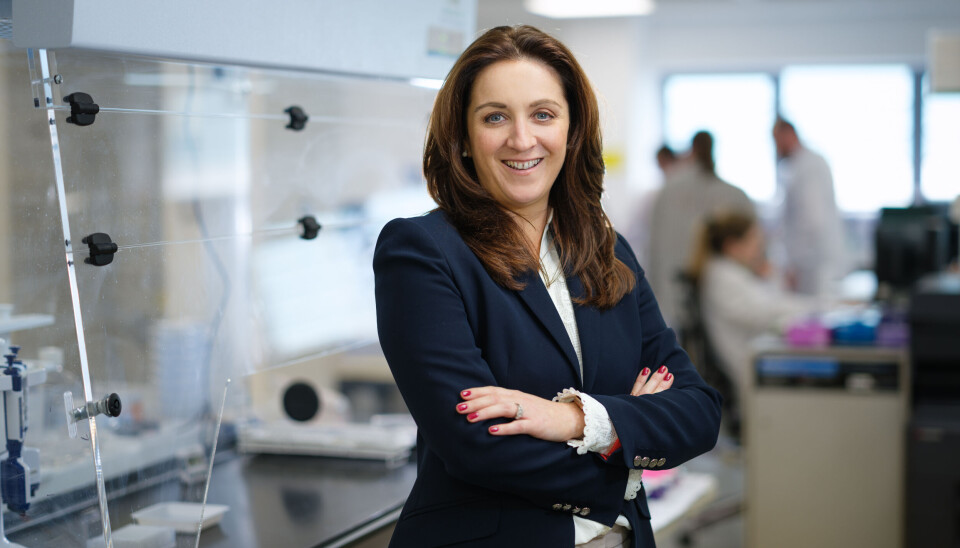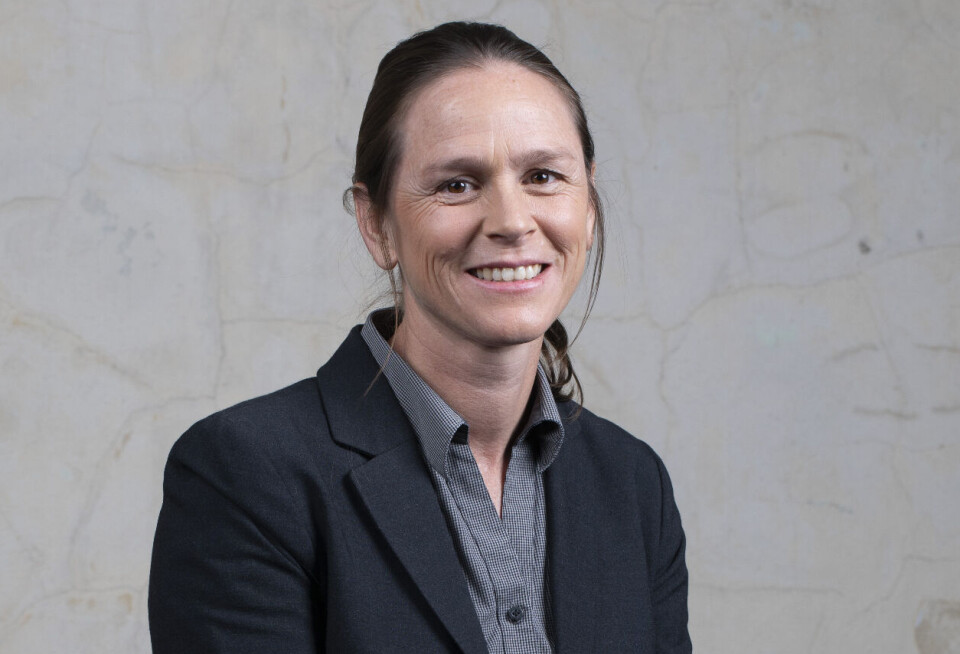
Distance no object for genetics partners
Firms 10,000 miles apart team up to offer breeding programme product for shrimp farmers
An Irish genotyping laboratory and an Australian biology company have partnered to offer a bespoke genetic analysis suite for shrimp breeding programmes.
Weatherbys Scientific, based in County Kildare, and Genics, headquartered in Brisbane, have developed ShrimpID.
The analysis suite’s comprehensive marker set provides the data to establish detailed relatedness estimates among broodstock and tested animals, sex identification, and markers within genes that regulate productivity and disease resistance. ShrimpID has 60,000 markers for L.vannamei (whiteleg shrimp) and 7,800 markers for P.monodon (Asian/tiger shrimp).

Genics chief executive Dr Melony Sellars said: “We are delighted to have partnered with Weatherbys Scientific, combining our expertise to revolutionise shrimp breeding programmes and genetic analysis.
Shared commitment
“This like-minded partnership paves the way for advancements in genetic diversity and disease resistance or tolerance, with a 100% customer (and shrimp) first focus.
“Our shared commitment to innovation and excellence is driving the development of resilient shrimp populations, empowering farmers with the data they need.”
Dr Rebecca Weld, general manager at Weatherbys Scientific said the partnership represents a commitment to ensuring breeders have the best tools available to them to improve the health, productivity and sustainability of their shrimp populations.
“Weatherbys Scientific offer best in class genotyping which supports some of world’s leading animal breeding programmes and we are excited to build on our partnership with Genics to ensure that ShrimpID will have a global impact on sustainable shrimp production.”






















































